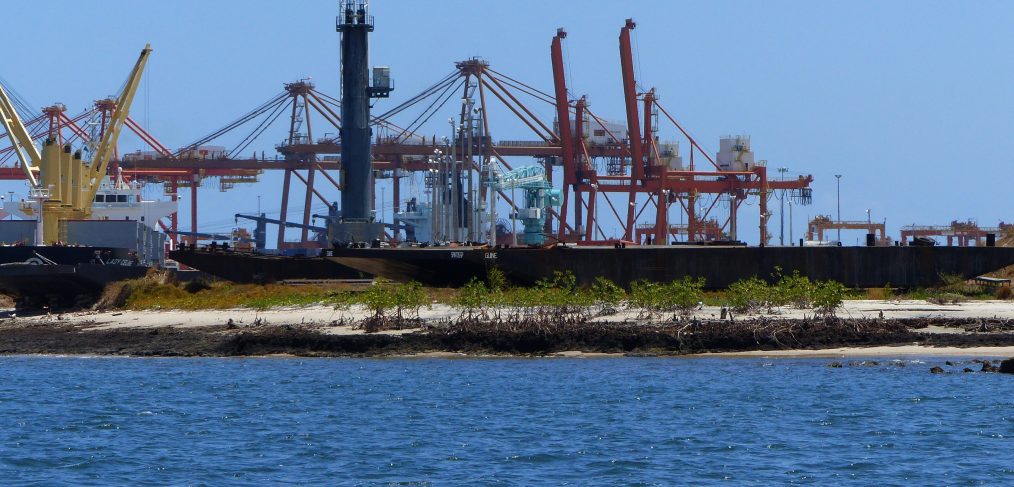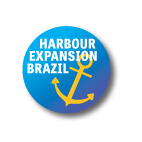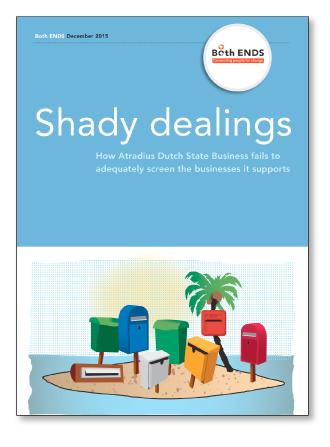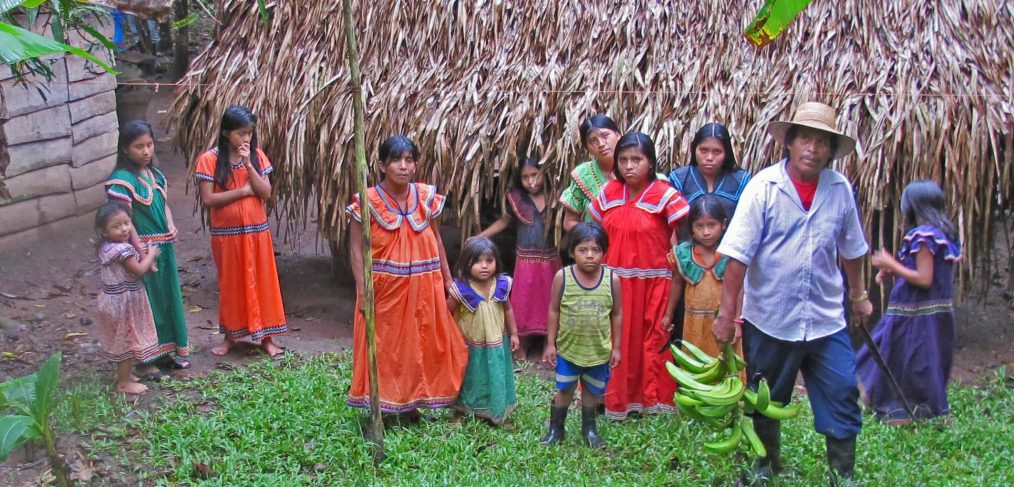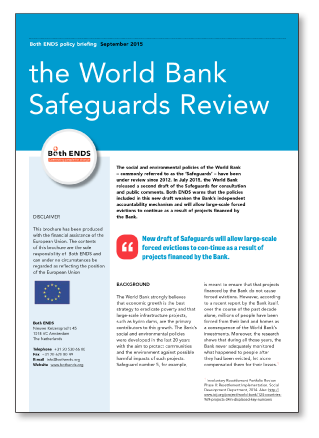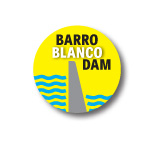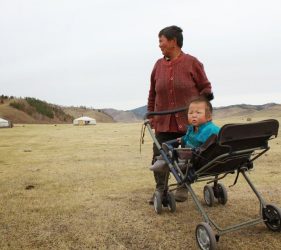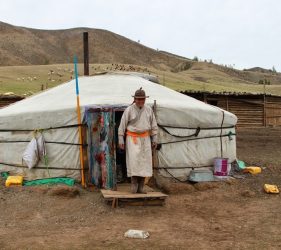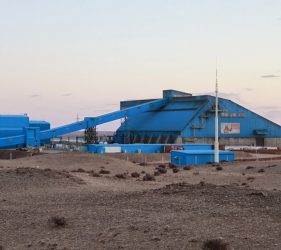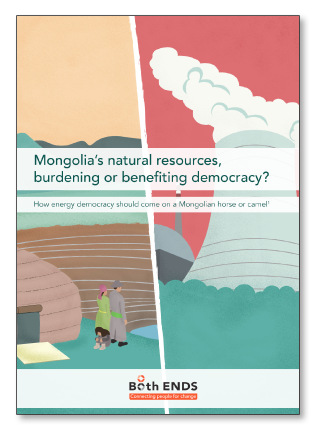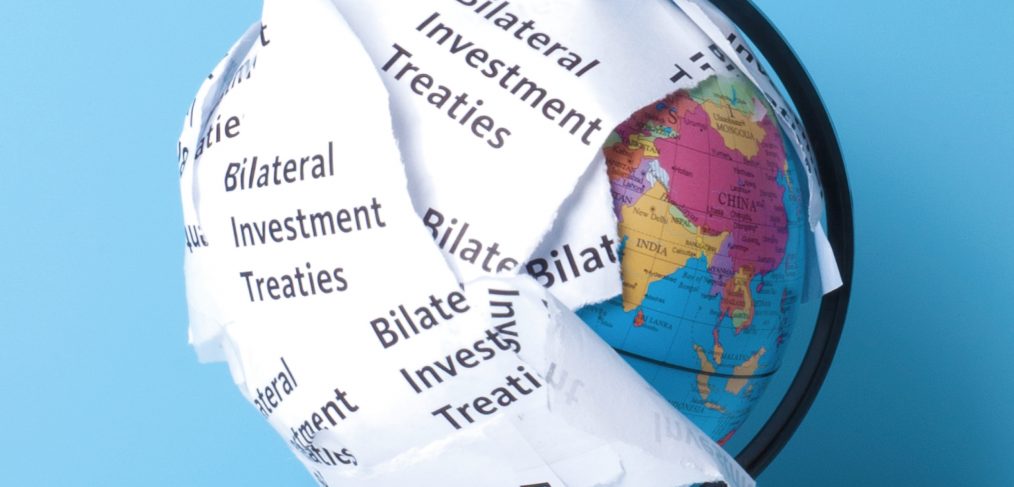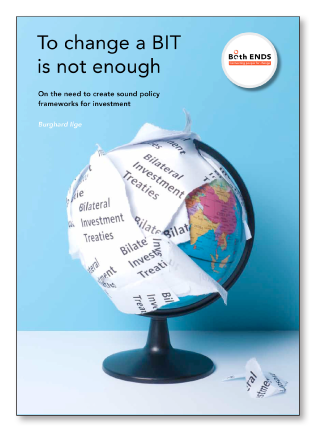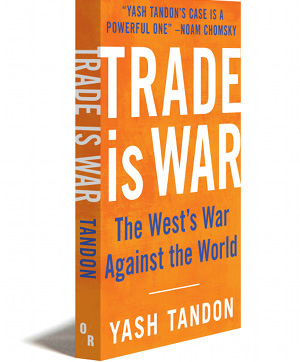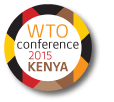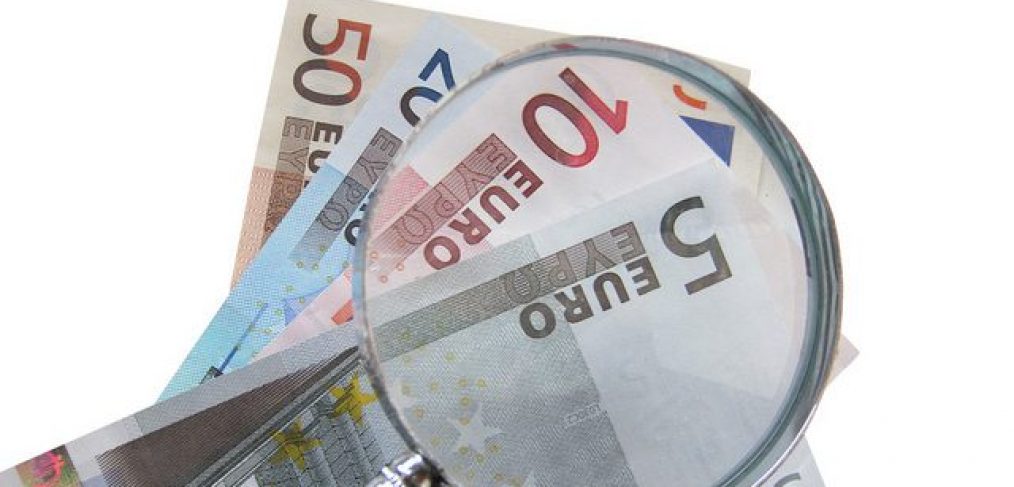Export credit agencies (ECAs) are a key actor in facilitating global capital flows. On behalf of national governments, ECAs offer insurance, guarantees or credit to domestic companies to cover the risks of doing business abroad. By doing so, ECAs help companies mobilise finance for their business. ECAs are the largest source of public financial support for projects in developing countries.
The Dutch ECA, Atradius Dutch State Business (Atradius DSB), underwrote more than E15 billion in 2014 alone – public support for a huge sum of private money that should be advancing the Dutch government’s goals of inclusive, sustainable development. Instead, many projects guaranteed by Atradius DSB are associated with severe environmental destruction and human rights violations. In collaboration with local partners, Both ENDS monitors the impacts of Atradius DSB-supported projects, and presses the Dutch government and Atradius DSB to improve its practices and policies.
Suape, Brazil
One such case involves communities around the Port of Suape in north-eastern Brazil. The livelihoods of people in the area have been devastated by pollution and destruction of the marine ecosystem thanks to a port expansion project designed to accommodate large oil tankers. Since 2012, Both ENDS has supported local fishing and farming communities to organise and claim their rights, including regaining access to the harbour’s natural resources.
In 2015, Both ENDS and FGG Alliance partner SOMO supported local partner Fórum Suape in formulating a formal complaint to the Brazilian and Dutch National Contact Points (NCPs), which are tasked by their respective governments to handle complaints against companies accused of failing to adhere to the OECD Guidelines for Multinational Enterprises. The complaint has been submitted by the Fórum Suape, the human rights organisation Conectas, and the Z8 Fishing Colony in Brazil, and by Both ENDS in the Netherlands. It targets the Dutch dredging company Van Oord as well as Atradius DSB, which provided insurance to two dredging projects of this company for the Suape port. The complaint documents the lack of consultation with local communities, the loss of their traditional way of life and livelihoods, and severe damage to biodiversity and ecosystems as a result of dredging in and around the harbour.
In a first positive step, the Brazilian NCP accepted the complaint against Van Oord and the Dutch NCP accepted the case against Atradius DSB, marking the first time that an NCP has agreed to accept a case against an ECA. The groups participated in meetings with both NCPs, which will now bring the parties together and facilitate mediation.
Depending on the Suape port authorities, the complaint has the potential to lead to concrete improvements for the Suape communities. Fórum Suape and Both ENDS are arguing that the companies should provide compensation, mitigation, and remediation for damage caused to both the communities and the environment.
The outcome could contribute to broader guidance for the Export Credit Agency sector on human rights due diligence and other responsibilities as laid out in the OECD Guidelines.
The Suez Canal
The Suape case is just one of many in which Atradius DSB failed to adequately screen the companies and projects it supported. Throughout 2015, Both ENDS closely monitored the role of Atradius DSB and Dutch dredging companies in a project to expand the Suez Canal at breakneck speed. Just three months after the Egyptian President announced the massive expansion plan, the Dutch dredging companies Van Oord and Boskalis were working round the clock on the project. While their application for insurance from Atradius DSB was in process, international media reported that the Egyptian army had already destroyed 1,500 homes and forcibly evicted 500 families to make way for the expansion.
When Both ENDS requested to see the project’s Social and Environmental Impact Assessment – a standard procedure for considering the social and environmental effects of proposed high impact Cat. A projects – Atradius DSB in the end responded that such information was not available, while nevertheless an export credit insurance policy had been issued.
Both ENDS and SOMO collaborated to research and analyse the conduct of the ECA and the dredging companies in the Suez case with respect to norms for responsible business conduct, specifically the OECD Guidelines for Multinational Enterprises and the UN Guiding Principles on Business and Human Rights. The resulting study, which found ample evidence of their failure to meet international social and environmental standards, is due out in 2016.
Atradius and tax avoidance
In the report Shady Dealings, published in December, Both ENDS looked at Atradius DSB from another perspective: the dubious tax strategies of business partners of Dutch companies it supports. The report found an absence of Atradius DSB due diligence to exclude the presence of tax avoidance, aggressive tax planning, or eventual money laundering activities in relation to a number of recently supported transactions. By failing to adequately screen companies, Atradius may thus be linked to the undermining of the ability of countries to collect vitally important tax revenues. It is yet another piece of evidence that should convince policymakers to ensure that ECA support is directed exclusively toward businesses that play a positive role in development

